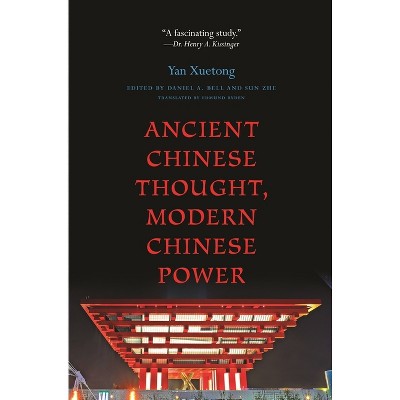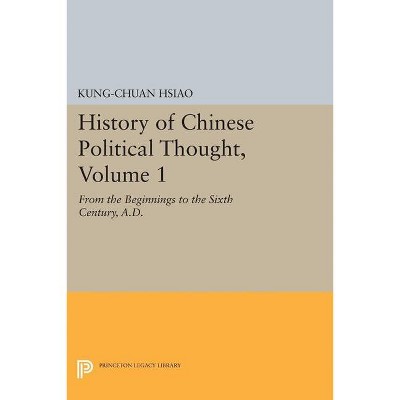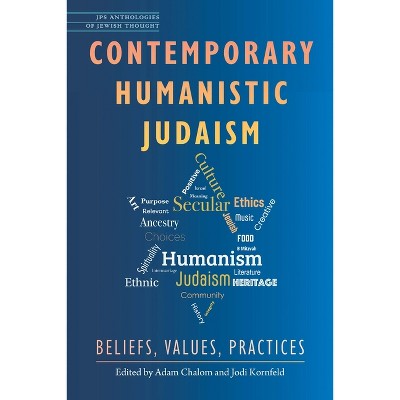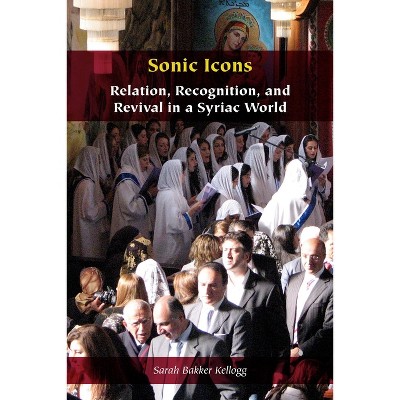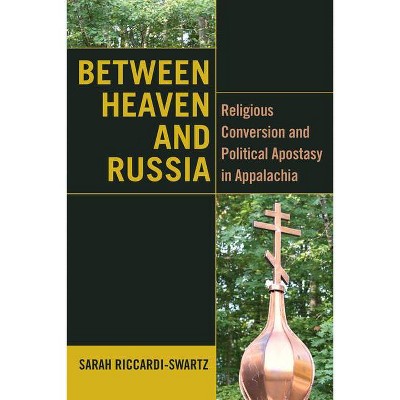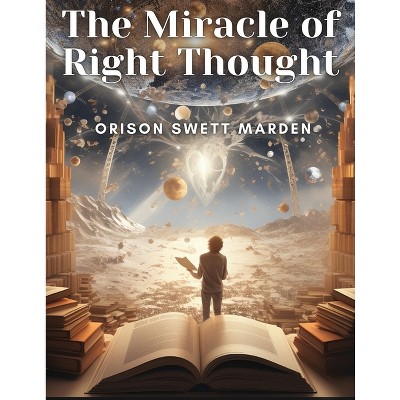Sponsored

Ritual Performance in Early Chinese Thought - by Thomas Radice (Hardcover)
In Stock
Sponsored
About this item
Highlights
- Examining early Chinese ritual discourse during the Warring States and early Western Han Periods, this book reveals how performance became a fundamental feature of ritual and politics in early China.
- About the Author: Thomas Radice is Professor of Chinese History at Southern Connecticut State University, USA.
- 192 Pages
- Religion + Beliefs, Confucianism
Description
About the Book
Examines performance as a fundamental feature of ritual in early Chinese thought and how performer/spectator relationships influenced early Chinese religious, ethical, and political discourse.Book Synopsis
Examining early Chinese ritual discourse during the Warring States and early Western Han Periods, this book reveals how performance became a fundamental feature of ritual and politics in early China. Through a dramaturgical lens, Thomas Radice explores the extent to which performer/spectator relationships influenced all aspects of early Chinese religious, ethical, and political discourse.
Arguing that the Confucians conceived ritual as primarily a dramaturgical matter, this book demonstrates not only that theatricality was necessary for expression and deception in a community of spectators, but also how a theatrical 'presence' ultimately became essential to all forms of public life in early China. Thomas Radice illuminates previously unexplored connections between early Chinese texts, aesthetics, and traditions.Review Quotes
"The book presents an innovative and interdisciplinary dialogue between early Chinese ritual discourse and contemporary performance studies. Drawing on key concepts from theater, performance theory, and ritual studies, Radice reconceptualizes ritual ... not merely as codified ceremonial practice but as a dramaturgical process involving scripts, dramaturgs, performers, and spectators." --Religious Studies Review
"Proceeding from the perspectives of dramaturgy, theatricality, and spectatorship, Thomas Radice provides us with an insightful discussion to enrich our overall understanding of one of Confucianism's trickiest features, namely "ritual"" --Geir Sigurðsson, Professor of Chinese Studies, University of Iceland, Iceland "In this thoughtful new book, Thomas Radice addresses the early Chinese debate over conceptualizing ritual as a kind of performance, including the complex view that performing rituals can help us discover, and productively channel, deep-seated emotions." --Paul R. Goldin, Professor of East Asian Languages & Civilizations, University of Pennsylvania, USAAbout the Author
Thomas Radice is Professor of Chinese History at Southern Connecticut State University, USA.Shipping details
Return details
Trending Non-Fiction






